10 Best Machine Learning Books
Interested in machine learning? Here are the best machine learning books to expand your knowledge in this popular subset of artificial intelligence.
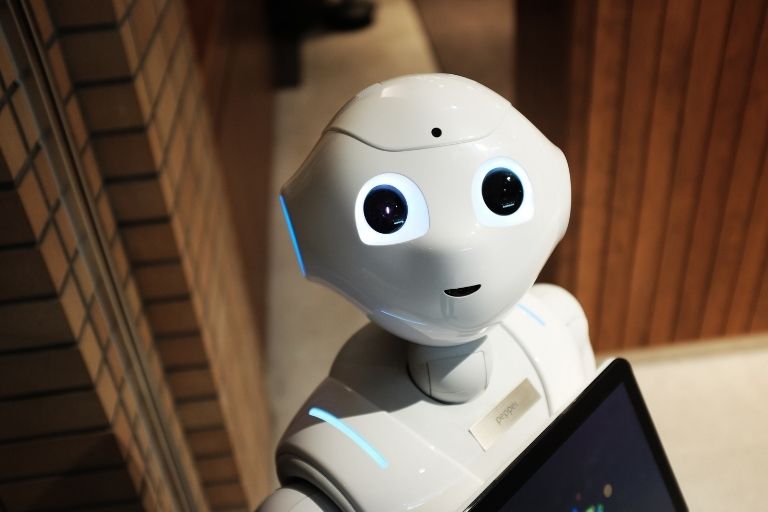
Machine learning algorithms power the world around us, affecting various aspects of our everyday lives, from product recommendations on our grocery apps to fraud detection systems at our local banking services.
Below is a list of the best machine learning books that provide a clear explanation of how exactly machine learning works.
Whether you’re a beginner or you already have some knowledge in this area, these machine learning books will increase your understanding of important topics including neural networks, deep learning, advanced machine learning methods, and model evaluation.
These books will also give you the opportunity to dive deeper into case studies and examples of the numerous practical applications of machine learning, including the little details that often get overlooked.
This post may contain affiliate links. Please read my disclosure for more information.
What are the Best Machine Learning Books?
Here are the best machine learning books to add to your reading list.
1. The Hundred-Page Machine Learning Book
In this bestselling machine learning book, artificial intelligence expert Andriy Burkov has undertaken the very useful yet challenging task of reducing all of machine learning to 100 pages.
This book combines a wide range of machine learning topics in a systematic, easy-to-read format. It features only those parts of the huge body of material on machine learning developed since the 1960s that have proven to have a significant practical value.
A beginner in machine learning will find in this book just enough details to get a comfortable level of understanding of the field and start asking the right questions.
On the other hand, those with prior experience in machine learning can use this book as a collection of pointers to stimulate further self-improvement.
This book also comes in handy when brainstorming at the beginning of a project, when figuring out whether a given technical or business problem is "machine-learnable" and, if yes, which techniques you should try to solve it.
Read this book: get hard copy on amazon
2. The Master Algorithm: How the Quest for the Ultimate Learning Machine Will Remake Our World
Algorithms increasingly run our lives. They find books, movies, jobs, and dates for us; manage our investments; and discover new drugs.
In the world's top research labs and universities, the race is on to invent the ultimate learning algorithm: one capable of discovering any knowledge from data, and doing anything we want, before we even ask.
In the Master Algorithm, Pedro Domingos, one of the field's leading experts, lifts the veil to give us a peek inside the learning machines that power Google, Amazon, and your smartphone.
In the book, Domingos assembles a blueprint for the future universal learner algorithm, discussing what it will mean for business, science, and society.
Read this book: get hard copy on amazon | get the free audiobook
3. Deep Learning (Adaptive Computation and Machine Learning series)
This popular book about machine learning is one of Elon Musk's personal favourites.
Deep Learning offers a mathematical and conceptual background, covering relevant concepts in linear algebra, probability theory and information theory, numerical computation, and machine learning.
It describes deep learning techniques used by practitioners in the industry, and surveys such applications as natural language processing, speech recognition, computer vision, online recommendation systems, bioinformatics, and videogames.
This book is one of the best machine learning books for undergraduate or graduate students planning careers in either industry or research, and it's also quite useful for software engineers who want to begin using deep learning in their products or platforms.
Read this book: get hard copy on amazon
4. Hands-On Data Science for Marketing: Improve your marketing strategies with machine learning using Python and R
If you're curious about the role that data science and machine learning play in modern marketing strategies, this is the book for you.
In this book, you'll learn to implement data science techniques to identify the factors behind the successes and failures of marketing campaigns.
More specifically, you'll focus on how to use machine learning techniques to understand different customer segments, predict which customers are more likely to engage with your products, and recommend the right products for each customer.
You'll also learn how to:
- Compute and visualize marketing KPIs in Python and R
- Extract insights from your data to optimize marketing strategies and increase profitability
- Use machine learning to predict customer lifetime value (CLV)
- Understand how to use A/B testing for better marketing decision making
- Use machine learning for better customer engagement, retention, and product recommendations
By the end of this book, you will be well-versed with a variety of data science and machine learning techniques to run and manage successful marketing campaigns for your business.
Read this book: get hard copy on amazon
5. Machine Learning For Absolute Beginners
This machine learning book has been written and designed for absolute beginners.
As a clear and concise alternative to a textbook, this book provides a practical and high-level introduction to the practical components and statistical concepts found in machine learning.
Where core algorithms are introduced, logical explanations and visual examples are added to make it easy and engaging to follow along.
In this book, you will learn:
- How to download free datasets
- What tools and machine learning libraries you need
- Data scrubbing techniques, including one-hot encoding, binning and dealing with missing data
- The basics of Neural Networks
- Bias/Variance to improve your machine learning model
- Decision trees to decode classification
- How to build your first Machine Learning Model to predict house values using Python
Please note: This book is designed for readers taking their first steps in machine learning. If you have passed the "beginner" stage in your study of machine learning, you would be better served with a long-format textbook instead of this book.
Read this book: get hard copy on amazon
6. Hands-On Machine Learning with Scikit-Learn, Keras, and TensorFlow: Concepts, Tools, and Techniques to Build Intelligent Systems
Through a series of recent breakthroughs, deep learning has boosted the entire field of machine learning.
This practical book teaches programmers of all levels and experience how to use simple, efficient tools to implement programs capable of learning from data.
By using concrete examples, minimal theory, and two production-ready Python frameworks - Scikit-Learn and TensorFlow - author Aurélien Géron helps you gain an intuitive understanding of the concepts and tools for building intelligent systems.
As you read this book, you will:
- Explore the machine learning landscape, particularly neural nets
- Use Scikit-Learn to track an example machine-learning project end-to-end
- Explore several training models, including support vector machines, decision trees, random forests, and ensemble methods
- Use the TensorFlow library to build and train neural nets
- Dive into neural net architectures, including convolutional nets, recurrent nets, and deep reinforcement learning
- Learn techniques for training and scaling deep neural nets
This book covers a range of techniques, starting with simple linear regression and progressing to deep neural networks. With exercises in each chapter to help you apply what you’ve learned, all you need is programming experience to get started.
Read this book: get hard copy on amazon
7. Pattern Recognition and Machine Learning
Pattern Recognition and Machine Learning by Christopher M. Bishop is the first textbook on pattern recognition to present the Bayesian viewpoint.
It uses graphical models to describe probability distributions when no other books apply graphical models to machine learning.
While this isn't a book for beginners, it's an information-rich read aimed at advanced undergraduates or first-year PhD students, as well as researchers and practitioners.
Familiarity with multivariate calculus and basic linear algebra is required.
Also, some experience in the use of probabilities would be helpful though not essential as the book includes a self-contained introduction to basic probability theory.
Read this book: get hard copy on amazon
8. Machine Learning: An Applied Mathematics Introduction
Machine Learning: An Applied Mathematics Introduction is a fully self-contained guide that covers the essential mathematics behind all of the most important machine learning techniques.
This book is a launch pad for anyone who wants to understand the foundations and put the tools into practice.
All that the reader requires is an understanding of the basics of matrix algebra and calculus.
Chapter List:
- Introduction (Putting ML into context. Comparing and contrasting with classical mathematical and statistical modelling)
- General Matters (A one-chapter breakdown of all of the mathematical concepts you'll need to know)
- K Nearest Neighbours
- K Means Clustering
- Naïve Bayes Classifier
- Regression Methods
- Support Vector Machines
- Self-Organizing Maps
- Decision Trees
- Neural Networks
- Reinforcement Learning
The book includes many real-world examples from a variety of fields including finance (volatility modelling), economics (interest rates, inflation and GDP), sociology (classifying locations according to crime statistics), and many more.
Read this book: get hard copy on amazon
9. The Elements of Statistical Learning
The Elements of Statistical Learning describes important ideas in a variety of fields such as medicine, biology, finance, and marketing in a common conceptual framework.
It is a valuable resource for statisticians and anyone interested in data mining in science or industry. The book's coverage is broad, from supervised learning (prediction) to unsupervised learning.
The many topics covered in the book include neural networks, support vector machines, classification trees and boosting. While the approach taken is statistical, the emphasis is on concepts rather than mathematics.
Read this book: get hard copy on amazon
10. Learning from Data: A Short Course
Learning from Data is designed to be a short, well-paced course on machine learning.
The book provides a complete overview on the technology that enables computational systems to adaptively improve their performance with experience accumulated from the observed data.
It also provides a detailed explanation on why and when statistical learning methods work, while introducing the mathematical prerequisites required to go out and further explore the field.
The authors are professors at California Institute of Technology (Caltech), Rensselaer Polytechnic Institute (RPI), and National Taiwan University (NTU). They have evidently consulted extensively with financial and commercial companies on machine learning applications.
Many readers have found this book useful in combination with Professor Yaser's YouTube lecture series on the topic.
Read this book: get hard copy on amazon
Final Thoughts
Thanks for reading this article on the best machine learning books. Of course, the particular book(s) you choose to read on this subject will depend on your personal areas of interest.
Another deciding factor is your comfort level with this topic, and whether you're a beginner or experienced machine learning practitioner.
As you grow your knowledge of machine learning, you'll be preparing yourself for the rapid digital transformation that we can expect in the years to come.
Happy learning!
Related:
Thanks for reading! If you liked this content, share with a friend:
Recent Articles
-
5 Subtle Habits That Quietly Transform Your Life Over Time
Jan 25, 26 08:21 PM
Progress towards the things that matter isn't usually loud or dramatic. Here are 5 subtle habits that quietly transform your life over time. -
Inner Work with Marcus Lynn | How to Make Change More Realistic
Jan 19, 26 06:24 PM
In this spotlight interview, therapist Marcus Lynn explains how we can begin to see emotions as information and make change more realistic in our lives. -
7 Best Personal Development Courses to Grow Your Skills and Mindset
Jan 01, 26 11:04 PM
To reach your goals for the year, there are are certain skills you might need to unlock first. Here are the best personal development courses to level up your life in 2026.
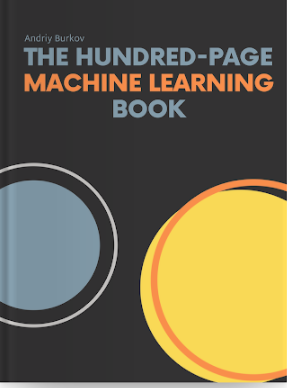
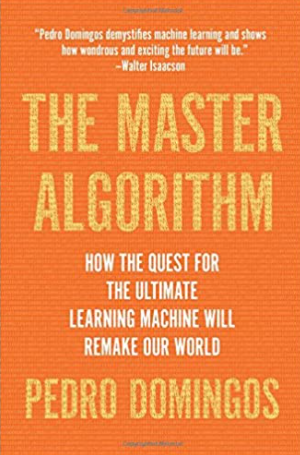
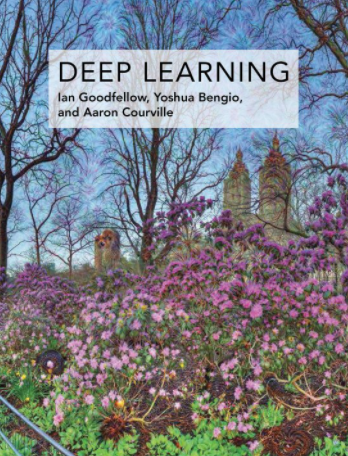
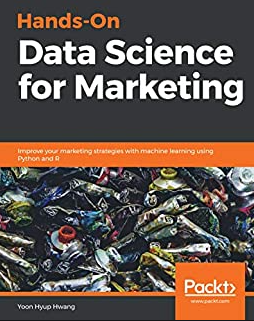
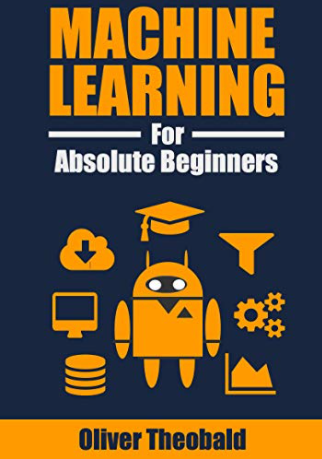
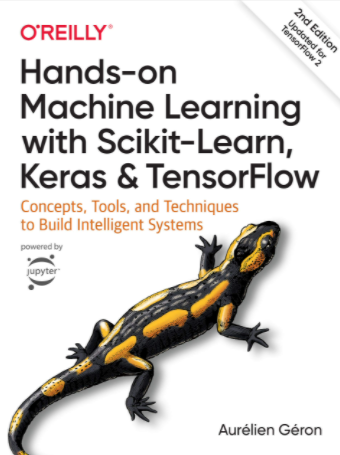
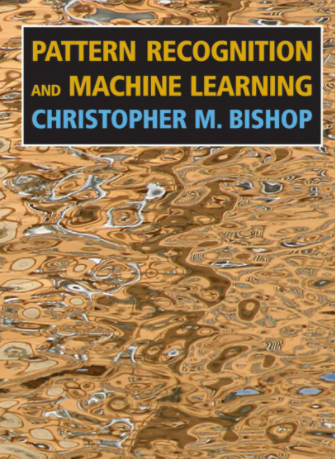
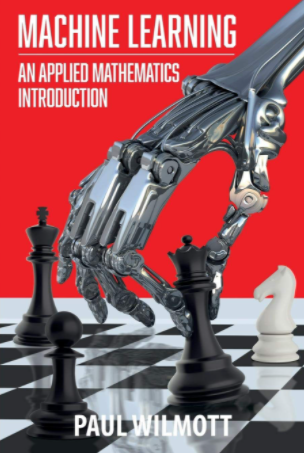
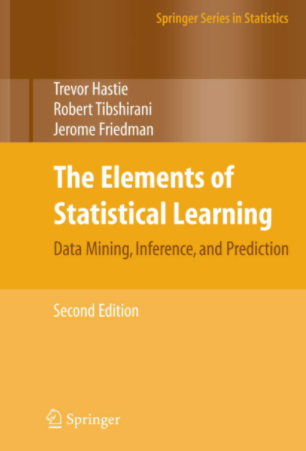
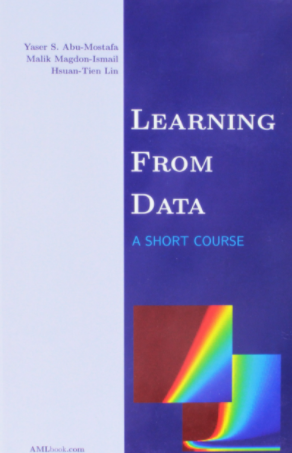



























New! Comments
Have your say about what you just read! Leave me a comment in the box below.